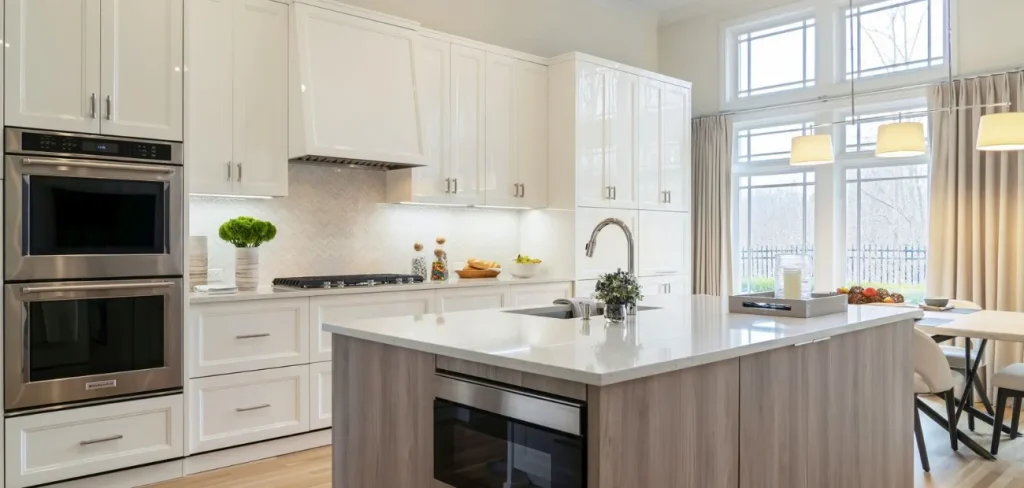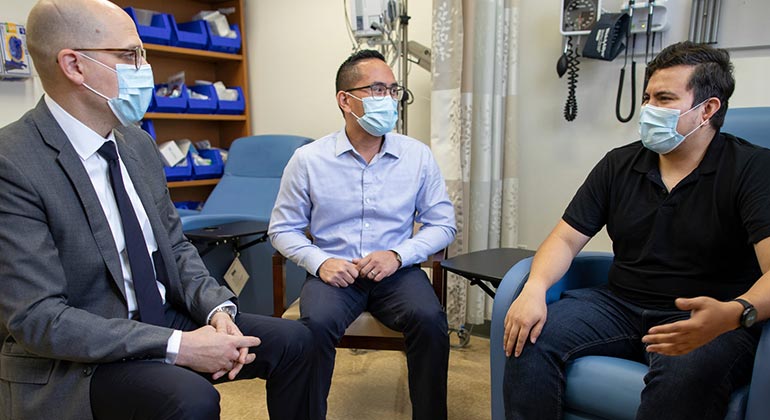Owning a swimming pool can be a source of immense pleasure and relaxation, but it also requires diligent maintenance and care to ensure it remains a safe and inviting space. Opting for professional pool services can transform the experience of pool ownership, offering numerous benefits that go beyond the basics of cleaning and upkeep. Professional pool service providers bring a wealth of expertise and knowledge to the table. They are well-versed in the technical aspects of pool maintenance, including water chemistry, filtration systems, and equipment repairs.
Preventative Maintenance
One of the key advantages of professional pool services is their focus on preventative maintenance. Regular inspections and maintenance help identify potential issues before they become major problems. Professionals can spot signs of wear and tear, such as leaks or equipment malfunctions, and address them promptly. This proactive approach can prevent costly repairs and extend the lifespan of your pool and its components, ensuring that your investment remains in top condition for years to come.
Access to Advanced Equipment and Products
Professional pool service providers have access to advanced tools and high-quality products that may not be readily available to the average pool owner. This includes specialized cleaning equipment, chemical treatments, and replacement parts that ensure your pool receives the best care possible. By using these professional-grade products and tools, you can achieve superior results compared to what might be possible with standard, off-the-shelf options and Call Us Today.

Safety and Compliance
Maintaining a pool involves adhering to safety standards and regulations, which can be complex and subject to change. Professional pool services stay up-to-date with the latest safety guidelines and local regulations, ensuring that your pool meets all necessary compliance requirements. This includes proper chemical handling, maintaining appropriate water levels, and ensuring that all safety features are operational. By entrusting your pool to professionals, you can have peace of mind knowing that safety is a top priority.
Customization and Personalization
Professional pool services often offer tailored solutions to meet the specific needs of your pool. Whether you require specialized cleaning techniques, custom water treatments, or seasonal maintenance plans, professionals can provide services that align with your pool’s unique requirements. This personalized approach ensures that your pool receives the care it needs to remain in optimal condition, enhancing your overall experience as a pool owner.
Enhanced Aesthetics and Enjoyment
A well-maintained pool enhances the overall aesthetics of your outdoor space, creating a welcoming environment for relaxation and entertainment. Professional pool services ensure that your pool remains visually appealing, with clean, clear water and well-maintained surfaces. This not only improves the enjoyment of your pool but also adds value to your property.
Choosing professional pool services offers a range of benefits that significantly enhance the experience of pool ownership. From expert knowledge and convenience to preventative maintenance and access to advanced equipment, professional services provide comprehensive care that ensures your pool remains a source of enjoyment and relaxation. By investing in professional pool services, you can experience the difference that expert care makes, allowing you to fully enjoy your pool without the stress and hassle of maintenance.



